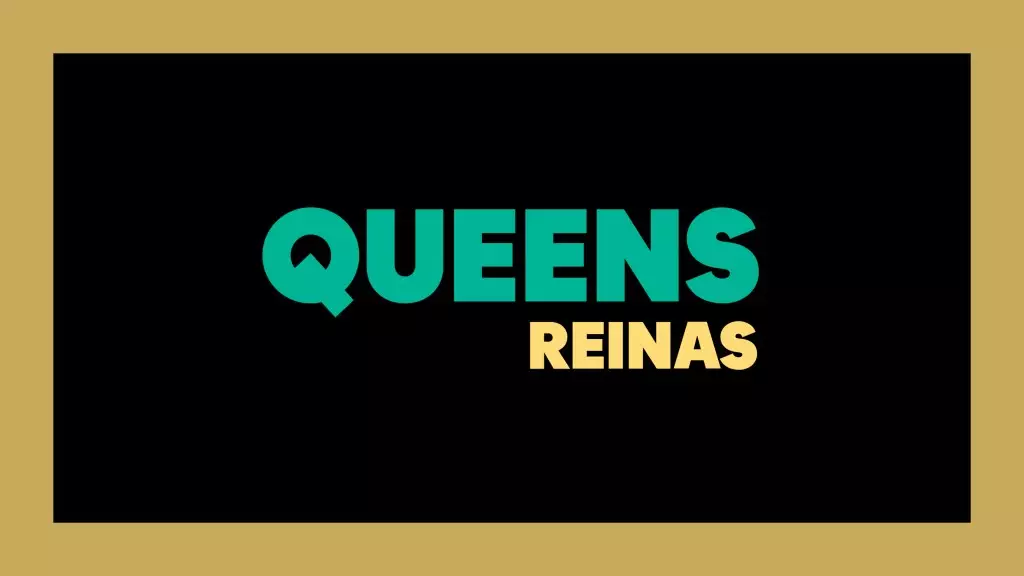In a world where cinema serves as both a medium of storytelling and a powerful vehicle for personal and cultural exploration, *Queens* stands out as a poignant reminder of the ties that bind us to our origins. This Swiss entry for the International Feature Oscar, directed by Klaudia Reynicke, challenges conventional narratives by situating its heartwarming story in Peru. Through the lens of a director who left her homeland at a tender age, the film invigorates the themes of family, identity, and the struggles of motherhood against a backdrop of societal change.
Klaudia Reynicke’s own journey from Peru to Europe and the United States is echoed in the film’s narrative. She mentioned at a panel discussion that her need to return to her roots was not a conscious choice but rather an intrinsic calling. This film is not merely a project; for Reynicke, it is a process of rediscovery that has allowed her to engage deeply with her Peruvian heritage. The emotional gravity of this reconnection was palpable, as she acknowledged the transformative power of cinema to facilitate such experiences.
*Queens* is set against the socio-political turbulence of Peru in 1992. It focuses on the life of a single mother, Elena, who begins to plot an escape from a nation fraught with instability alongside her two daughters, Lucía and Aurora. To complete their journey, they need the estranged father, Carlos, to sign off on their travel documents. This necessity creates a dramatic tension that resonates throughout the film, highlighting the complexities of family structures.
Carlos, portrayed by Gonzalo Molina, serves as a compelling figure of flawed humanity. His character is described as a “broken man” wrestling with personal failures while desperately seeking reconciliation with his daughters. The dynamics between Carlos and his daughters, especially the contrasting feelings of resentment and yearning for connection, are skillfully portrayed. Notably, Reynicke emphasizes the underlying theme of familial love even in the absence, showcasing the intricate emotional landscape that children navigate in such situations.
Luana Vega, who plays Aurora, reveals the depth of this emotional struggle, offering insights into her character’s resentment stemming from years of a father’s absence. This interplay of feelings within the sisters, with Lucía adopting a more forgiving stance compared to Aurora’s bitterness, adds layers to their relationship, making the audience reflect on their own familial experiences.
What amplifies the film’s impact is its success in various prestigious film festivals. Premiering at Sundance, *Queens* went on to win the Grand Jury Prize for Best Feature in the Generation Kplus section at the Berlin International Film Festival. Such accolades not only affirm Reynicke’s narrative prowess but also highlight the universal relevance of the film’s themes. The recognition underscores the potency of personal stories framed within socio-political contexts, illustrating cinema’s ability to transcend cultural boundaries.
The film’s success did not stop there; it also garnered the Audience Award in Locarno and took home the Best Screenplay award at the Festival de Lima in Peru. These accolades echo the film’s broader resonance with audiences, establishing a dialogue about the multifaceted nature of family, love, and loss.
Through *Queens*, Reynicke presents a nuanced story about family bonds that ultimately emphasizes love’s capacity to heal. While the narrative culminates in a separation, Reynicke reframes this as a reflection of life itself—a journey rich with both sorrows and joys. She believes that even though the family may be parting ways, they are leaving having gained a deeper appreciation and solidarity among themselves.
The film does not shy away from the inherent complexities of human relationships; instead, it embraces them, demonstrating how individuals can forge new identities even while acknowledging their past. Reynicke’s ability to capture this essence in *Queens* serves as a testimony to the power of storytelling in cinema—an art form capable of not just reflecting life, but also transforming it.
*Queens* invites viewers to reflect on their own familial ties while offering a compelling narrative that speaks to the universal experiences of love, loss, and identity. As audiences embrace the heartfelt journey of its characters, they find echoes of their stories intertwined within the film’s narrative framework. Reynicke’s work underscores the importance of reconciling with one’s heritage, making the film a significant contribution to contemporary cinema.


Leave a Reply